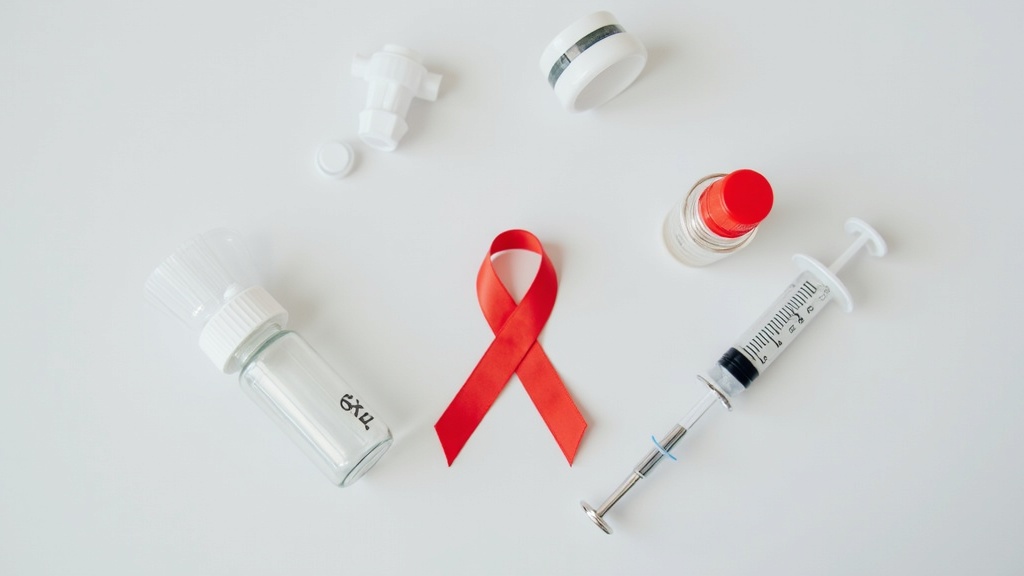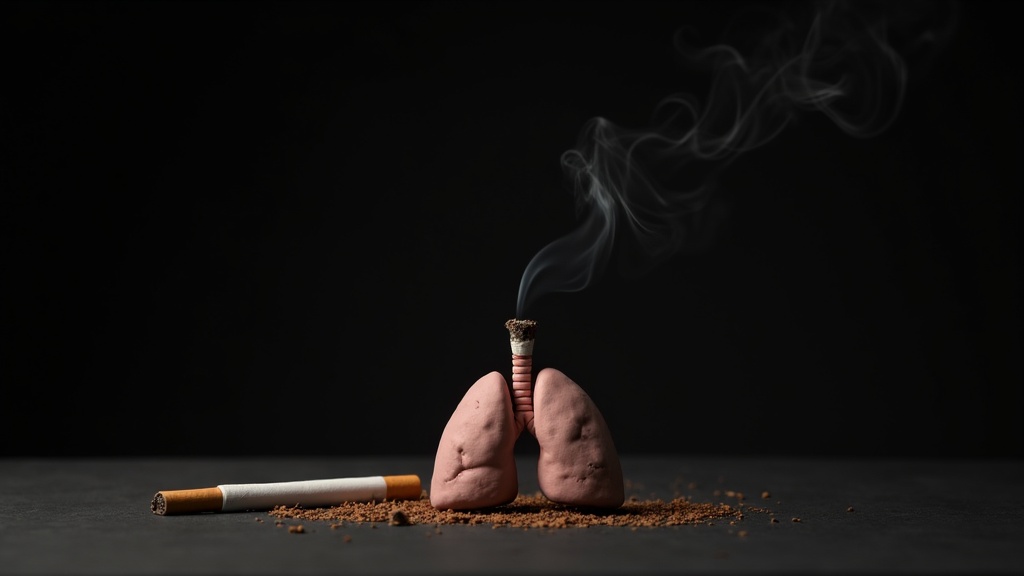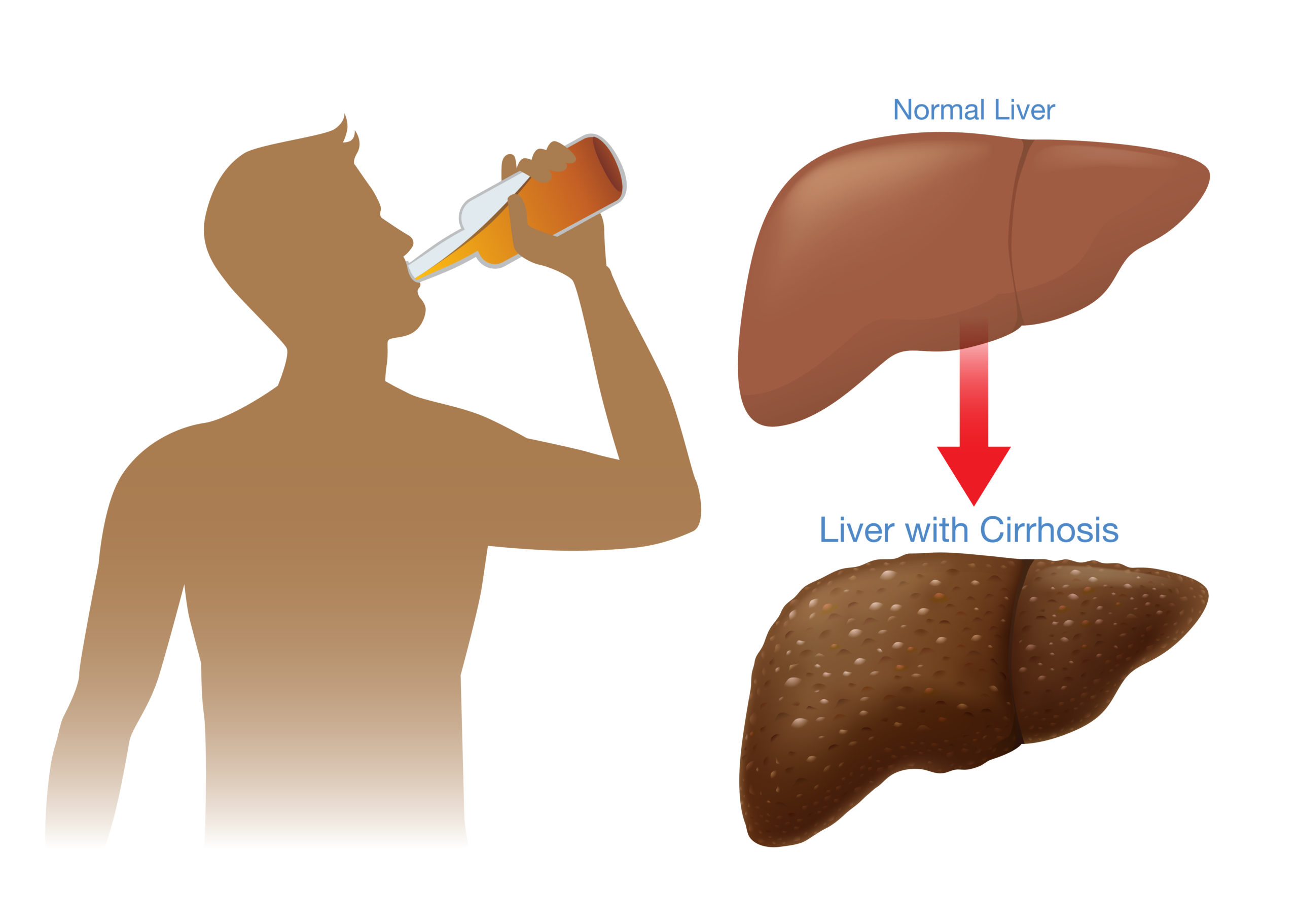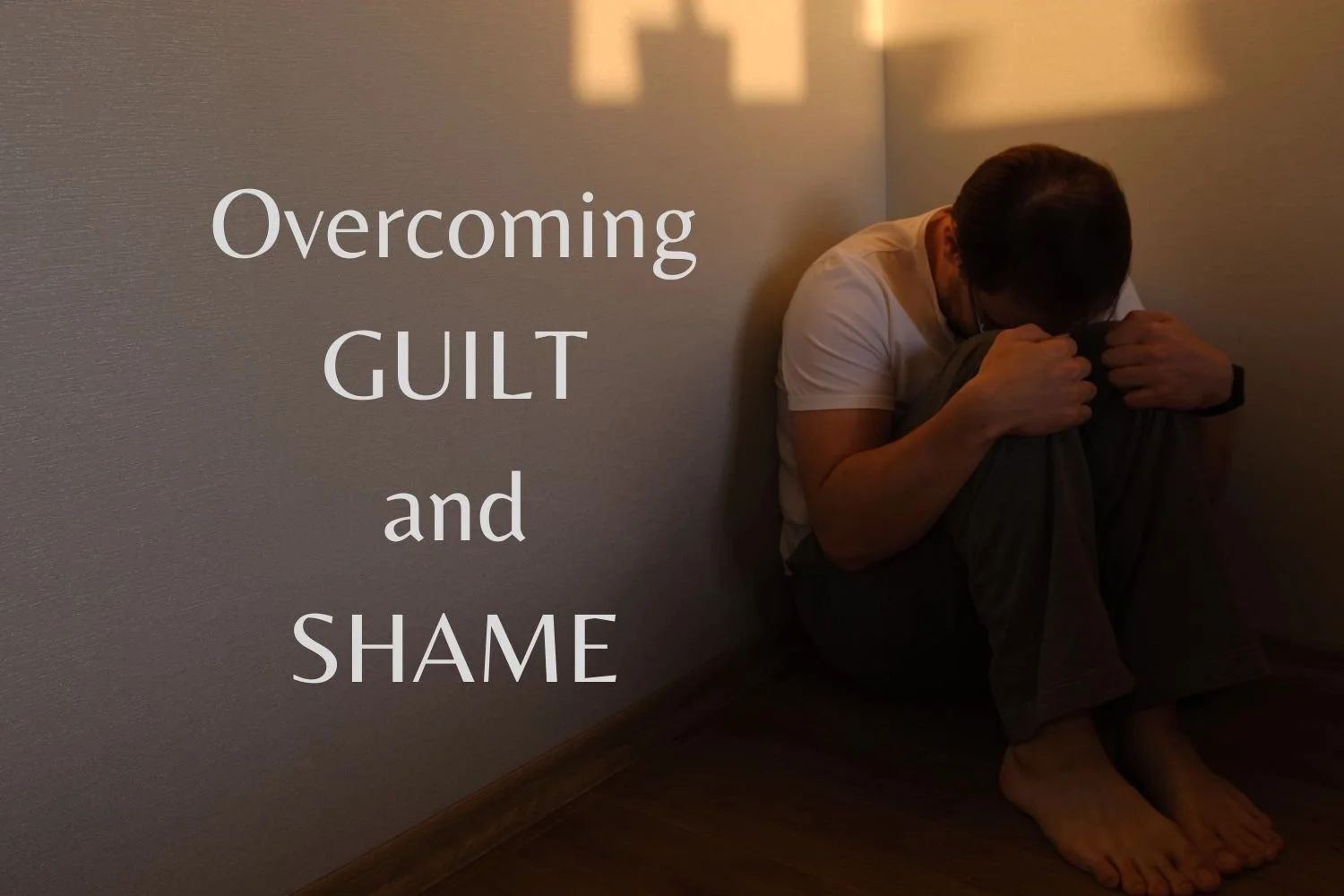Losing Custody Due to Drug Use
Losing custody of my kids because of drug use changed my life. It forced me to face the reality of addiction—not just how it affects me, but how deeply it impacts the people I love most. You can think you’re in control, but addiction can take over and leave consequences that cut deep. Sharing this … Read more









